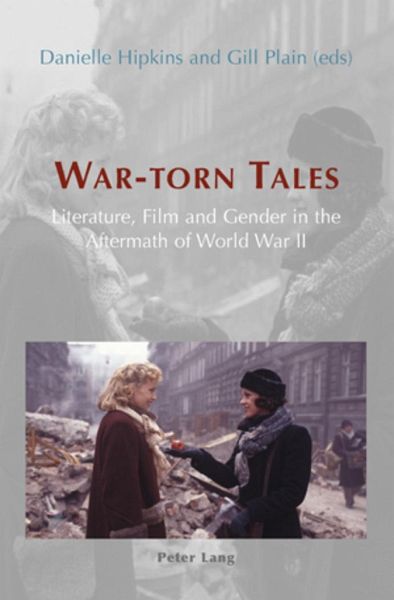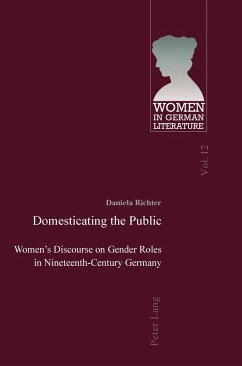
War-torn Tales
Literature, Film and Gender in the Aftermath of World War II
Herausgegeben: Plain, Gill; Hipkins, Danielle
Versandkostenfrei!
Versandfertig in 6-10 Tagen
78,85 €
inkl. MwSt.

PAYBACK Punkte
0 °P sammeln!
This book is the outcome of a successful workshop held in Leeds in September 2003 and explores the effects of World War II on the representation of gender in post-war literature, film and popular culture, juxtaposing Western European experience with US, Soviet and Japanese. It aims to outline the different ways in which these representations evolved in post-war attempts both to re-establish social order and reconstruct national identity. It gives the reader an overview of the similarities and differences that have emerged in the representation of war and gender in different cultures and media,...
This book is the outcome of a successful workshop held in Leeds in September 2003 and explores the effects of World War II on the representation of gender in post-war literature, film and popular culture, juxtaposing Western European experience with US, Soviet and Japanese. It aims to outline the different ways in which these representations evolved in post-war attempts both to re-establish social order and reconstruct national identity. It gives the reader an overview of the similarities and differences that have emerged in the representation of war and gender in different cultures and media, as a result of social expectations, political change and individual artistic innovation. The essays are linked by their concern with three key questions: how are emotion and gender represented in relation to the experience of war; what is the impact of war on the dynamic between the genders; and, as the memory of war recedes, is it possible to identify chronological shifts in the artistic response to the conflict?












